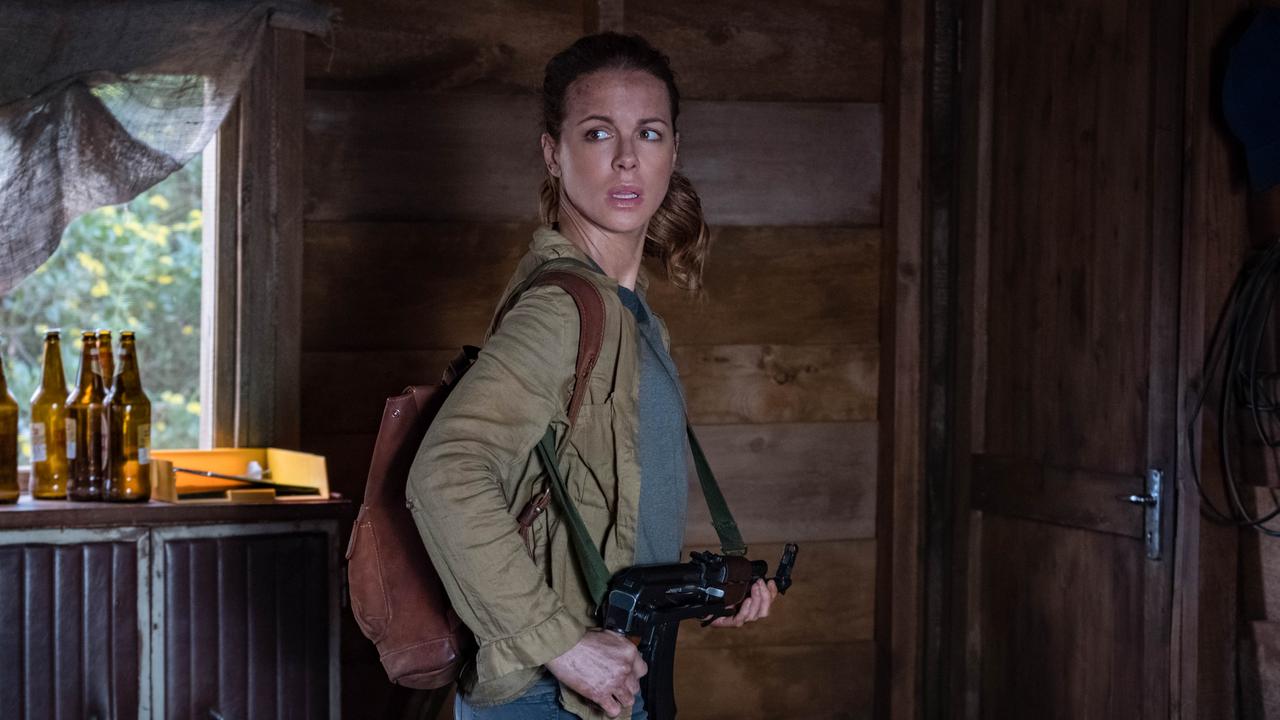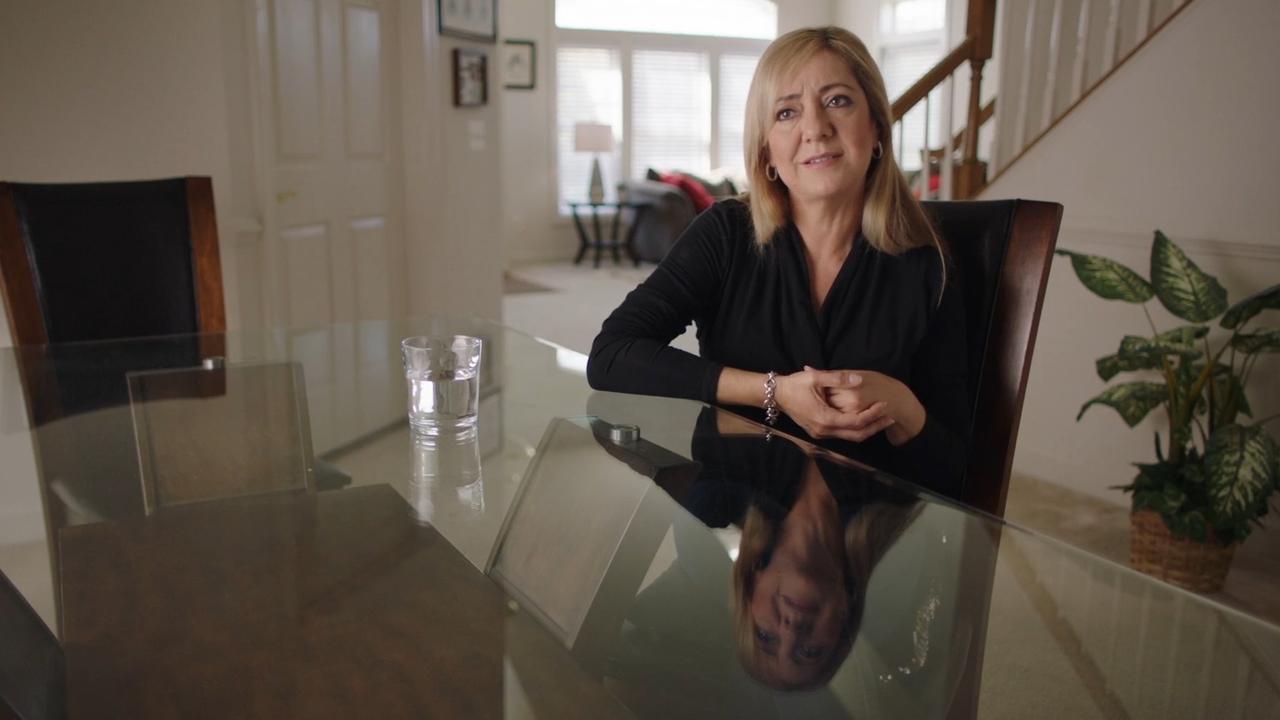Dark side of the doc
"I SEND you herewith a gothic gnome, interesting I think, and he came out of a deep mine, where he guards the fountain of tears," Robert Louis Stevenson wrote to a friend, offering his novella The Mysterious Case of Dr Jekyll and Mr Hyde.
"I SEND you herewith a gothic gnome, interesting I think, and he came out of a deep mine, where he guards the fountain of tears," Robert Louis Stevenson wrote to a friend, offering his novella The Mysterious Case of Dr Jekyll and Mr Hyde.
His tale of a physician with a severe case of split-personality disorder shocked and titillated Victorian Britain, just as Thomas Harris's Silence of the Lambs created a contemporary fascination with the psychological underpinnings of the criminal mind (and unfortunately brought the serial killer to television: a moratorium, please).
There's a Hyde in all of us, Stevenson said, versions of ourselves best kept hidden.
We all surely know something of the perpetual skirmish between civilised moderation and the recklessness that sometimes gets us into trouble, that glass of wine too many, the harmless flirtation that leads to the Family Court.
Shrugging off the constraints of social acceptability once again, the tortured doctor and his monstrous alter ego return in Jekyll, a BBC Doctor Who-style makeover. Written by Steven Moffat, the British hot shot with a string of hit sitcoms and dramas under his belt, this six-part serial spins the classic Edinburgh crime tale into the 21st century with dazzling pace, acrobatic plot convulsions, and a bipolar inner beast with a thing for lions.
In this updated reimagining, Dr Jekyll, now known as Dr Jackman (James Nesbitt) is married and Mr Hyde (Nesbitt) is totally unaware of Jackman's marital status. When his inner person tries to engulf his life, Jackman desperately attempts to keep his marriage and family safe from the clutches of the pathological Hyde.
The two halves of Jackman's personality maintain an uneasy truce, keeping tabs on each other's movements using satellite tracking and leaving messages to explain their whereabouts once their shift is over. The roguishly unruly Hyde is rarely considerate, of course, taking delight in confusing the dourer Jackman whenever the good doctor returns. "Just once, seriously, just bloody once, could you tell me where you parked?" Jackman shrieks, staggering on to an unfamiliar back street after involuntarily surrendering his central nervous system to its co-owner. Hyde gives Jackman blackouts that end with him covered in blood or zipping up his trousers in a derelict tenement watched by a trembling prostitute.
Moffat says the story stopped being adapted (there were many, most vehicles for show-off actors such as John Barrymore and Anthony Perkins) because the original is based on the idea that you don't know Dr Jekyll and Mr Hyde are the same person until the end. That plot line universally known now, he went for the modern variation, making the story more immediate, chilling and contemporary.
What this really means is that he puts laughs alongside the distressing moments just so we don't think he is taking it too seriously. And there are plenty of crisp jokes, most to do with split personalities along the lines of "I have a nice side, but you just missed him" or "I must go home and change."
Moffat, his background in humour, works off the commonality between writing comedy and thriller-based horror stories. He knows it is all about punchlines. Whether something is funny, frightening or just a dramatic surprise, the accomplished Moffat loves setting up the audience for the old sucker punch.
And Jekyll is packed with them, the dialogue between each elided and concentrated to prepare us. In the first episode, Moffat cleverly keeps the evil side off screen for the first half-hour, as adept at calculated mystification as Stephen King.
There is no rampage at the start to suck us in, no dribbling, hairy wolfman cut loose to howl at the moon. All we get is careful preparation as Moffat builds enough narrative scaffolding to hold his wonderfully preposterous story together.
What is the restraining chair used for in a basement that looks like an execution chamber? Who is the perilously attractive psychiatric nurse (luscious Michelle Ryan) and why can she be trusted? (Moffat is expert at revealing information while slyly detracting from it.) The steely setting of scene, stealthily dropped clues, tense edits, dread-loaded music and claustrophobic cinematography build wonderful tension for Hyde's eventual release.
This is high-concept contemporary British TV, darkly hip and highly polished. Moffat creates a new narrative quite equal to Stevenson's in its exploration of an adult's nightmare of disintegration.
Henry James admired Stevenson's "genuine feeling for the perpetual moral question, a fresh sense of the difficulty of being good and the brutishness of being bad". Moffat clearly does, too. He is mischievously witty, underpinning his version with the sense that a lot of men (and quite a few women, for that matter) may like a bit more Hyde in their lives.
"I don't have a secret lover or anything," Jackman tells his wife, trying to explain the long absences that are necessary for her safety. "Darling, you're too repressed to have a secret lover," she replies. There is more than a hint of knowing sadness in her reply.
Other women succumb to his alter ego's charms, bedded before finding out his first name. Men are not so lucky. "Here comes God," Hyde shouts at a young man in a lane, in imitation of Jack Nicholson in The Shining, before he whacks him.
"I don't get much joy out of killing children," he sneers. "But I get enough."
Heading a terrific cast, Nesbitt (Cold Feet, Murphy's Law) as usual turns in powerful performances, hard-faced and resolute as Jackman and scarily attractive as Hyde. The transformations are built on the idea of an evil twin who is just a bit more handsome and taller, with bloodshot, black, scary eyes.
James Ashcroft Noble, in his 1886 review of Stevenson's book for The Academy, wrote: "It is, indeed, many years since English fiction has been enriched by any work at once so weirdly imaginative in conception and so faultlessly ingenious in construction as this little tale."
I'm sure Noble would be delighted to acknowledge Moffat's modern and masterly TV makeover with the same generous accolade.
Jekyll, Sunday, 8.30pm, ABC



